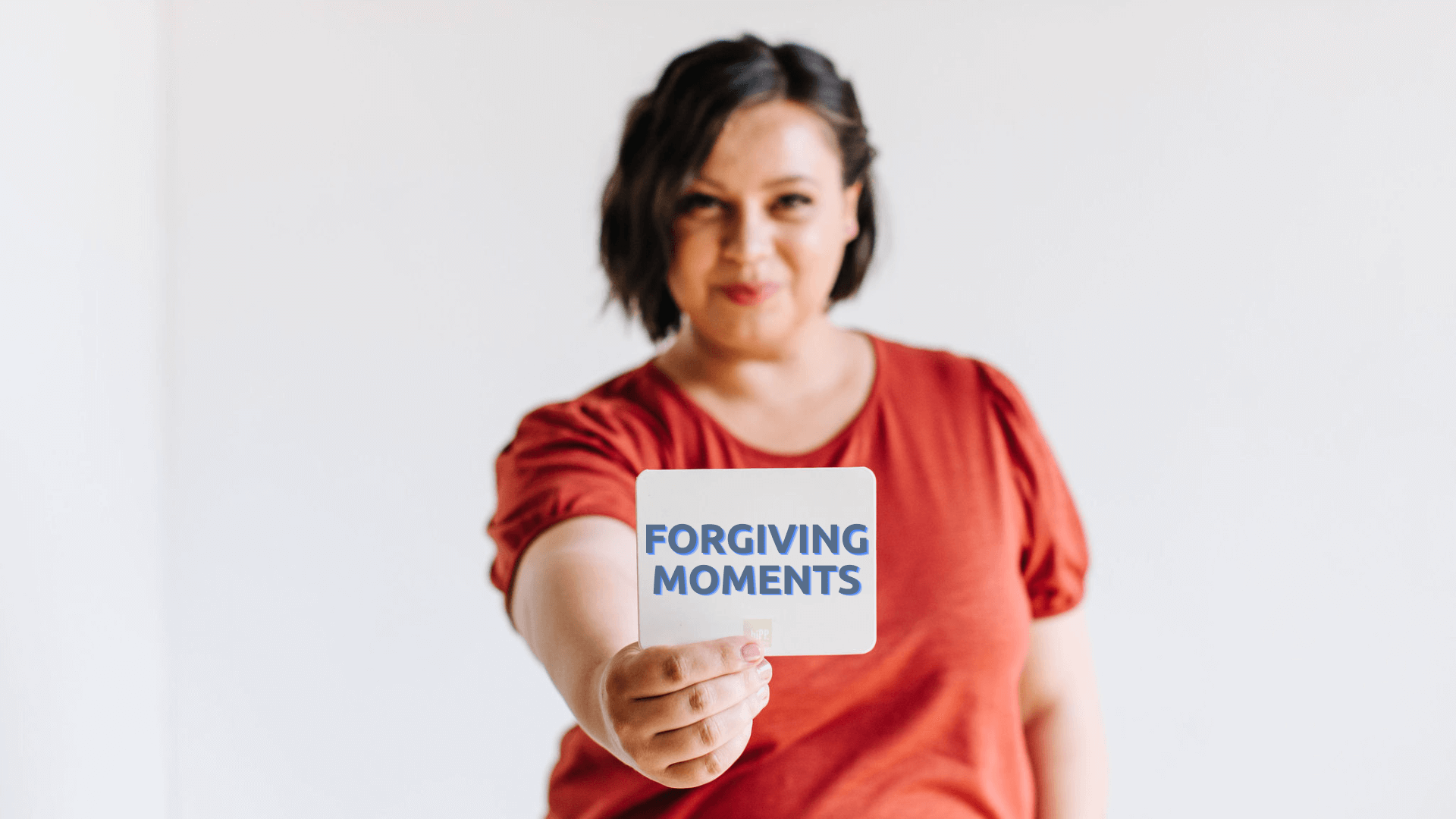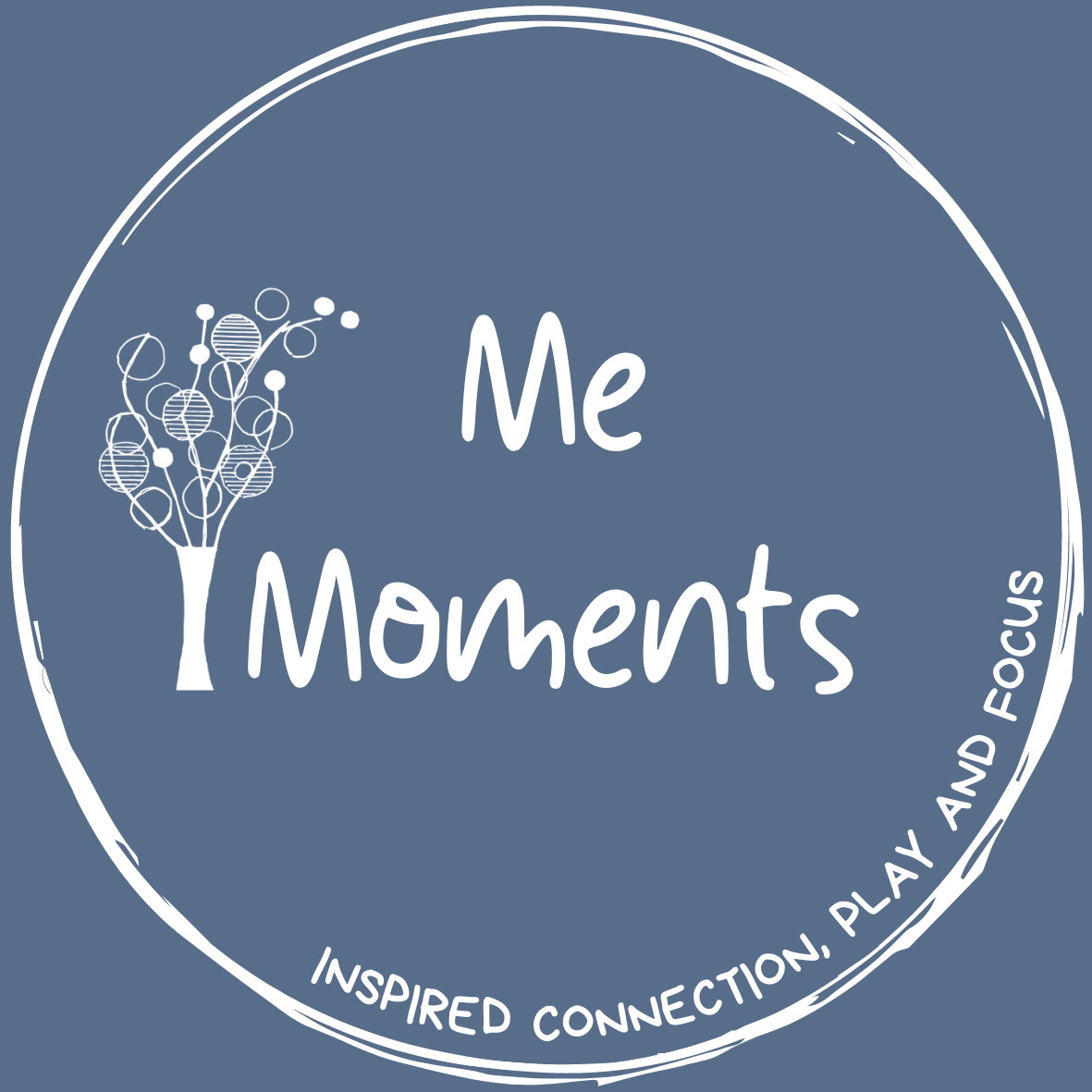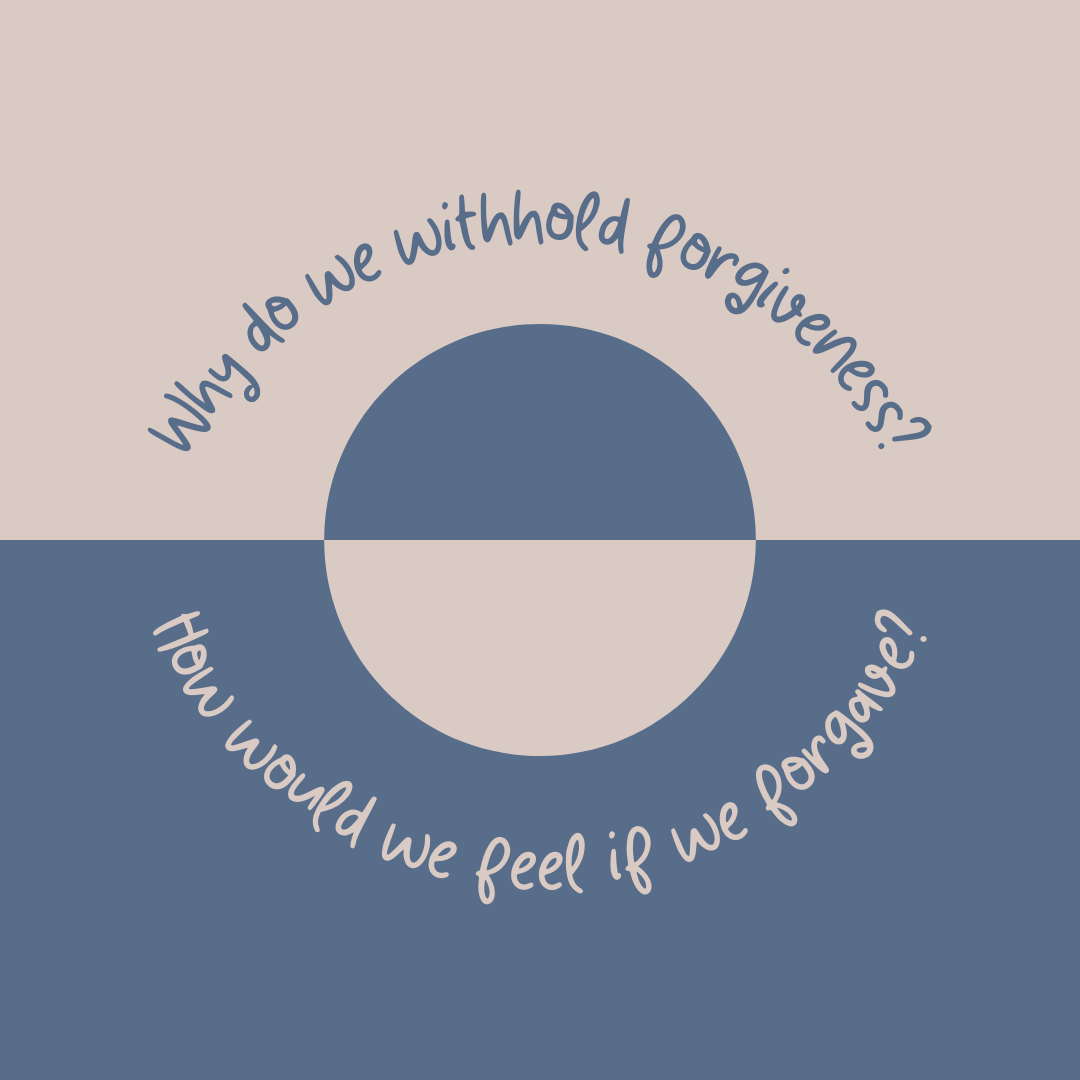As I delved into research for this month's topic, I came to a realisation. For years I held the misconception that forgiveness was primarily about mending relationships and accepting what another had done. However, my perspective shifted when I discovered that forgiveness is, above all, an act of self-care that allows us to release the negative emotions and stress that can burden us when we cling to grudges.
Forgiveness is, above all, an act of self-care
Let me share with you a personal story - one that spans over a decade, marked by friendship, betrayal and ultimately, forgiveness. For ten years, I shared an unbreakable bond with a dear friend who was my confidant, my rock, and my source of laughter. However, everything changed when a new romantic partner entered his life, wielding control and issuing ultimatums that severed our connection. I was completely ghosted and left to grapple with feelings of abandonment and betrayal. For years I carried the weight of resentment towards him, avoided places I might run into him and wore my pain like an armour against other potential friendships and bonds.
So, this month I decided to try something different. I poured my heart out in a letter—a letter not intended for sending, but as a cathartic release from the emotional turmoil and anger I felt. In this letter, I detailed my raw emotions, recounting the impact of his actions on our friendship and expressing the hurt and disappointment I felt. But I also acknowledged that we were both flawed individuals and that while I was navigating my hurt after being tossed aside, I acknowledged that he must have been struggling being in a controlling and tumultuous relationship. I expressed gratitude for the meaningful moments we shared and reminisced about the laughter and joy we experienced together. Most importantly, I extended forgiveness—not to excuse his actions or to rekindle our friendship, but as a gift to myself, freeing me from the grip of anger and resentment.
I extend forgiveness as a gift to myself
I realised forgiveness is not about salvaging broken relationships or reopening old wounds. It is about finding inner peace.
Research tells us that forgiveness can reduce stress, improve immune function, and enhance hormonal balance. As you undertake your own journey of forgiveness, consider strengthening your forgiveness muscles through the practice of small acts of forgiveness.
Take Action:
Incorporate small acts of forgiveness into your daily routine. Here are three ways to get started:
- Practice Self-Forgiveness: The next time you make a mistake, treat yourself with kindness and speak to yourself the way a good friend would speak to you.
- Release Minor Grudges: When someone cuts you off in traffic, you have a minor conflict at work, or experience frustration with a partner or friend, take a few moments to consciously let go of any anger you might be holding onto.
- Write a Letter: Write a letter addressed to the person you want to forgive. In the letter, express your feelings, why their actions hurt you, and your intention to forgive. You don't need to send the letter, but the act of writing it can be a powerful step towards making sense of the events and your emotions.
Take Away Reflections:
- Why have you withheld forgiveness in the past?
- How does withholding forgiveness feel?
- How do you feel after you forgive someone?

I hope sharing my moment of forgiveness inspires you to embrace the healing power of #ForgivingMoments.
Remember, forgiveness is a journey and when you learn and grow, you become unstoppable!
If any of this resonated or had an impact on your life, let us know by writing to hello@memoments.com.au. We'd love to hear about your stories of learning, growth and transformation.

